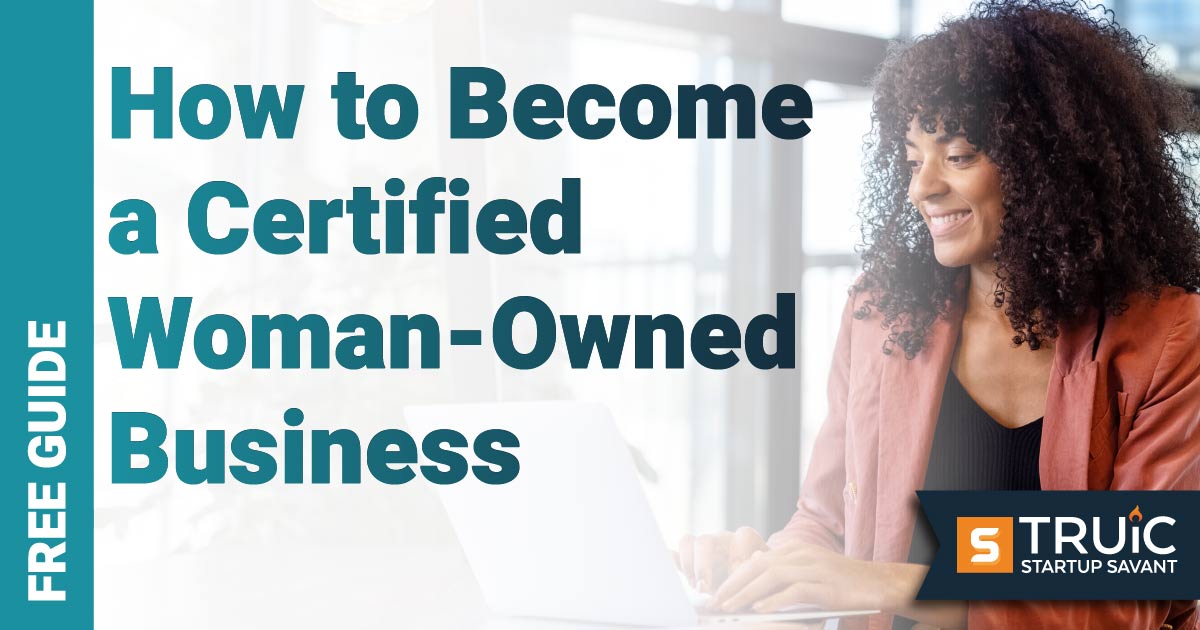Just like an actor wouldn’t get on stage without a script, an entrepreneur shouldn’t start a business without a plan. Whether you’re a newcomer or a seasoned founder, creating a roadmap for the next three to five years is absolutely imperative in order to test the feasibility and further the success of a venture. Without a plan, it will be extremely difficult to catch the attention of investors or communicate a clear message to any employees or supporters.
If you’re lost on where to start with this essential step of launching a business, there are a number of financial and educational resources dedicated to helping you through the early stages of planning.
Business Planning Resources
There are many government resources dedicated to helping you plan your small business and reach success.
Continue reading or use our skip-to links to find the right resource for you.
Events and Workshops
The best way to start planning your business is by taking a step back and looking at the big picture of what you’re trying to accomplish. With a clear goal in mind, take advantage of free or low-cost events and workshops designed to hold your hand through the early stages of launching a business.
The Small Business Administration, for example, holds events that will help you write a business plan. The process is surprisingly complicated so it can be extremely advantageous to hear the advice of experts.
The SBA — and other organizations — also hold workshops that introduce entrepreneurs to helpful resources and tools for planning a business.
Online Training
If you’re a more hands-on learner, there are plenty of online learning courses that can talk you through the beginning phases of business planning and formation.
The SBA has digitized educational materials on everything from buying a business to gaining a competitive advantage to financing options for small businesses.
Outside of the SBA’s learning center, there are several other organizations offering in-depth online training on business planning, including the National Association of Women Business Owners (NAWBO), the Women’s Business Enterprise National Council (WBENC), and SCORE.
Business Loans
Government or third-party loans can give businesses the leg-up they need to begin planning a future. Different loans can help with different parts of launching a business, so it’s worth knowing all of your options in order to select the one that best fits the current state of your business.
For example, there is the SBA’s 7(a) loan program, the largest government-backed loan program for entrepreneurs, which can help finance up to $5 million. This money can be used to buy a business, purchase equipment, or for long-term capital. Funds like this can allow you to think about the future instead of just the present.
Another SBA loan option is the 504 loan program which also provides federally guaranteed loans of up to $5 million. This money, though, is meant for buying land, machinery, and facilities, so it may be of more use to very early-stage ventures.
Businesses in their earliest stages can also look to microloans for help. These loans total up to $50,000 and are set aside for working capital, inventory, equipment, and other costs associated with starting a business.
Though the federal government does not offer grants for starting or scaling a business (except for nonprofits and educational institutions), some state and local programs offer business grants, but they usually require you to match the funds.
Alternatively, there are other government funding options for your business like the following:
- Small Business Investment Company (SBIC) Program, an SBA partnership with private investment funds licensed as SBICs to provide growth capital to small businesses
- Small Business Innovation Research (SBIR) Program, a competitive program for funding research and development
- Other State and Local Business Assistance
Women-Owned Business Certification
Definitely more suitable for businesses beyond the early stages of formation, certification can open up other financing opportunities for women. This means your business has been verified by one of the official certifying, trusted agencies as a majority, woman-owned and run business.
Certifying your business means that you will be added to a list of companies eligible to contract with local government and corporate projects. As a certified woman-owned business, you’ll also have access to unique resources like regional and national events, webinars, training, and business expos, which can all help you plan how to scale your company going forward.



